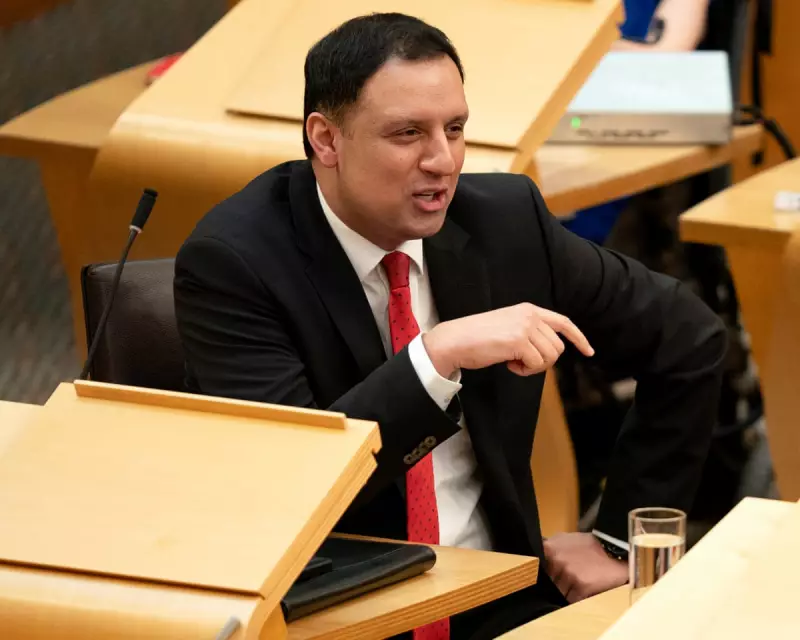
Labour Hails Budget as a Rejection of Austerity
Labour leaders in Scotland and Wales have enthusiastically welcomed Chancellor Rachel Reeves' first budget, portraying its nearly £2bn funding increase for the devolved nations and the scrapping of the two-child benefit cap as a decisive move away from austerity politics. With critical elections looming in May, both Anas Sarwar and Eluned Morgan are banking on these progressive measures to revive their parties' flagging prospects.
Funding Boost and Key Policy Wins
The budget delivers a significant financial injection, with an extra £820m for the Scottish government over the next three years and a substantial £1bn for the Welsh government, split between day-to-day spending and capital projects. A major victory for both leaders was the abolition of the controversial two-child limit on Universal Credit, a policy long criticised for exacerbating child poverty.
Anas Sarwar, the Scottish Labour leader, stated, "I demanded a Labour budget rooted in Labour values and that is what the chancellor has delivered. This budget means child poverty down, energy bills down, wages up and austerity rejected." His Welsh counterpart, First Minister Eluned Morgan, echoed this sentiment, highlighting that it would put "more money in the pocket of people who need it the most."
An Uphill Battle in the Polls
Despite the positive reception from party leaders, the budget faces a tough political reality. Current opinion polls suggest both the Scottish and Welsh Labour parties are heading for humiliating defeats in the May elections. In Scotland, Labour is trailing behind the SNP and Reform UK, while in Wales, a traditional Labour stronghold, the party is predicted to fall behind Plaid Cymru and Reform.
This voter discontent is largely attributed to anger directed at Keir Starmer's Westminster government. The Scottish and Welsh parties had lobbied intensely for measures to tackle the cost of living crisis, seeing this as crucial to combat the surging support for their political opponents.
The budget did receive a notable endorsement from Roz Foyer, leader of the Scottish Trades Union Congress (STUC), a frequent government critic. She described the rise in the national living wage, energy bill cuts, and the end of the "pernicious" two-child cap as a "lifeline" for working people, suggesting the chancellor may have played Labour's "get out of jail free card."
Criticism and Claims of Being Short-Changed
Not all reactions were positive. Shona Robison, Scotland's Finance Secretary, labelled the budget a "chaotic mess" that failed to fully deliver on energy bill reduction promises. She argued the increased Treasury funding would not cover rising public sector national insurance costs and criticised new mileage rates for electric cars as penalising rural motorists.
In Wales, Plaid Cymru leader Rhun ap Iorwerth claimed the nation was being "short-changed," asserting that the Treasury was withholding over £4bn owed to Wales, partly due to the HS2 project not benefiting the country. Academic analysis also cast doubt on the budget's electoral impact. Professor Laura McAllister of the Wales Governance Centre expressed scepticism, stating, "It’s hard to imagine that the announcements will make a material difference to Welsh Labour’s prospects. Overall, it’s a case of too little, too late."
The budget also provided an additional £370m for Northern Ireland's power-sharing government, plus further funding to boost post-Brexit trade.





